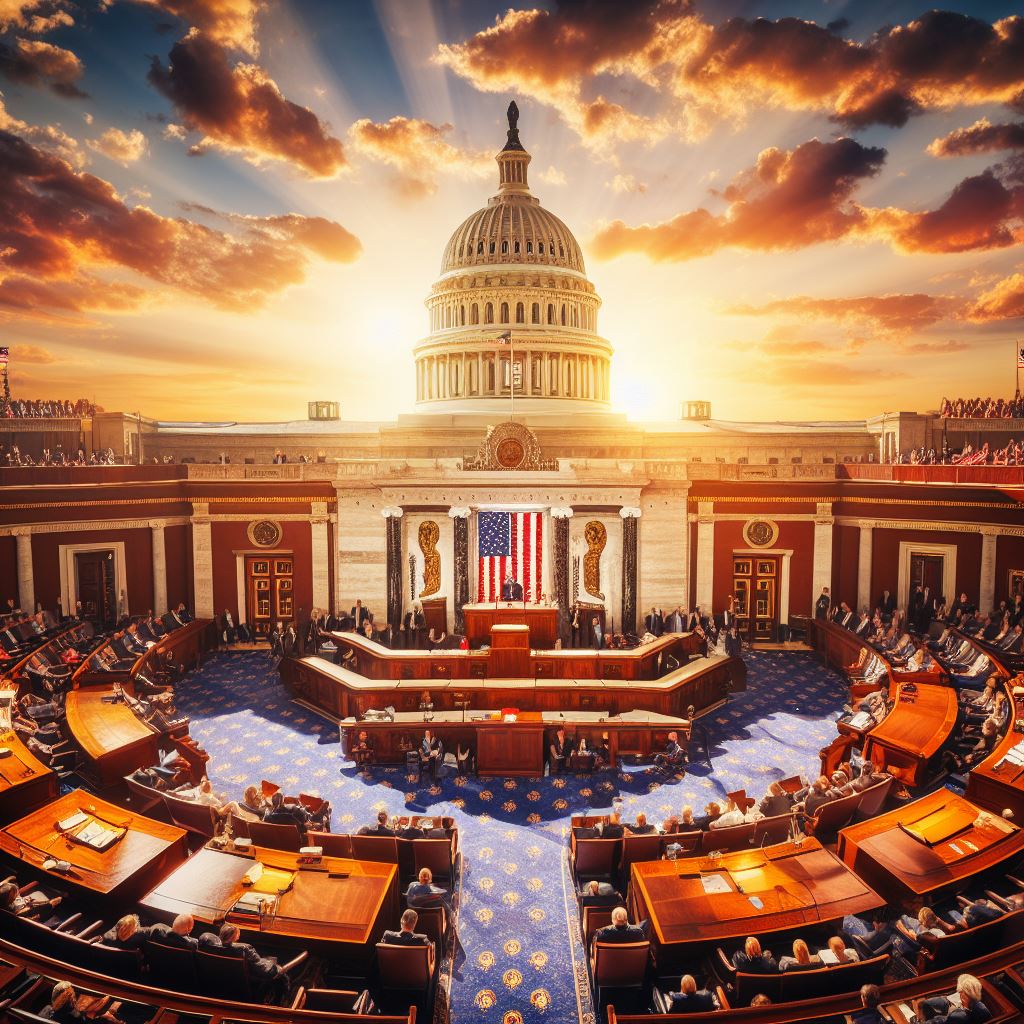The role of Congress in foreign policy and international agreements is outlined in the United States Constitution, which divides responsibilities between the executive and legislative branches.
While the President has a significant role in conducting foreign affairs, Congress plays a crucial oversight and legislative role.
Here’s an overview of Congress’s role in foreign policy and international agreements:
1. Constitutional Authority:
- Treaty Power (Article II, Section 2):
- The Constitution grants the President the power to negotiate and enter into treaties, but a two-thirds majority of the Senate is required for ratification. This ensures that the legislative branch has a check on international agreements.
- War Powers (Article I, Section 8):
- Congress has the authority to declare war, raise and support the military, and make rules concerning captures on land and water. This grants Congress a key role in shaping the country’s military engagements.
2. Treaty Ratification:
- Senate Confirmation:
- Treaties negotiated by the President require the advice and consent of the Senate. A two-thirds majority is necessary for ratification. This process allows Congress to review and approve or reject international agreements.
- Executive Agreements:
- While treaties require Senate approval, the President can enter into executive agreements with other countries without Senate ratification. However, Congress may still play a role in approving or funding commitments associated with these agreements.
3. Legislation and Funding:
- Foreign Aid:
- Congress has the power of the purse and controls the allocation of funds for foreign assistance programs. It approves budgets that include funding for international aid and development initiatives.
- Sanctions and Trade:
- Congress can pass legislation imposing sanctions on other nations or regulating international trade. These measures shape U.S. foreign policy by influencing economic and diplomatic relations.
4. Oversight and Investigations:
- Committee Oversight:
- Congressional committees, such as the Senate Foreign Relations Committee and the House Foreign Affairs Committee, conduct oversight of foreign policy initiatives. They review the implementation of international agreements and policies.
- Investigations:
- Congress has the authority to investigate issues related to foreign policy, diplomatic relations, and the conduct of the executive branch in international affairs. Hearings and inquiries provide a platform for examining foreign policy decisions.
5. Confirmation of Diplomatic Appointments:
- Ambassadorial Appointments:
- Congress has the authority to confirm or reject the President’s nominations for key diplomatic positions, including ambassadors to other countries.
- Secretary of State Confirmation:
- The Secretary of State, who is a key player in shaping foreign policy, must be confirmed by the Senate.
6. Trade Agreements:
- Trade Promotion Authority (TPA):
- Congress may grant Trade Promotion Authority to the President, allowing for expedited consideration of trade agreements. While TPA streamlines the approval process, Congress retains the right to approve or reject trade deals.
- Implementation Legislation:
- For trade agreements, Congress may need to pass implementing legislation to ensure that U.S. laws align with the terms of the agreement.
7. War Powers Resolution:
- War Authorization:
- While the Constitution grants Congress the power to declare war, the War Powers Resolution provides a framework for Congress to assert its authority over military engagements. It requires the President to consult with Congress and seek authorization for the use of military force.
Summary:
Congress’s role in foreign policy and international agreements is crucial for ensuring a system of checks and balances, preventing an overreach of executive power, and reflecting the diverse perspectives of the American people in shaping the country’s engagements with the international community.
Through treaties, oversight, legislation, and the power of the purse, Congress contributes to the formulation and execution of U.S. foreign policy.
